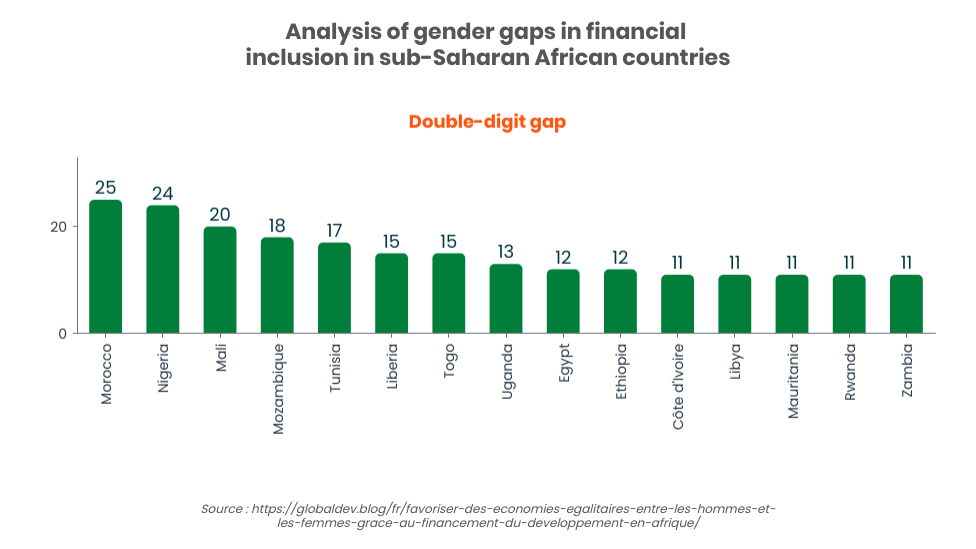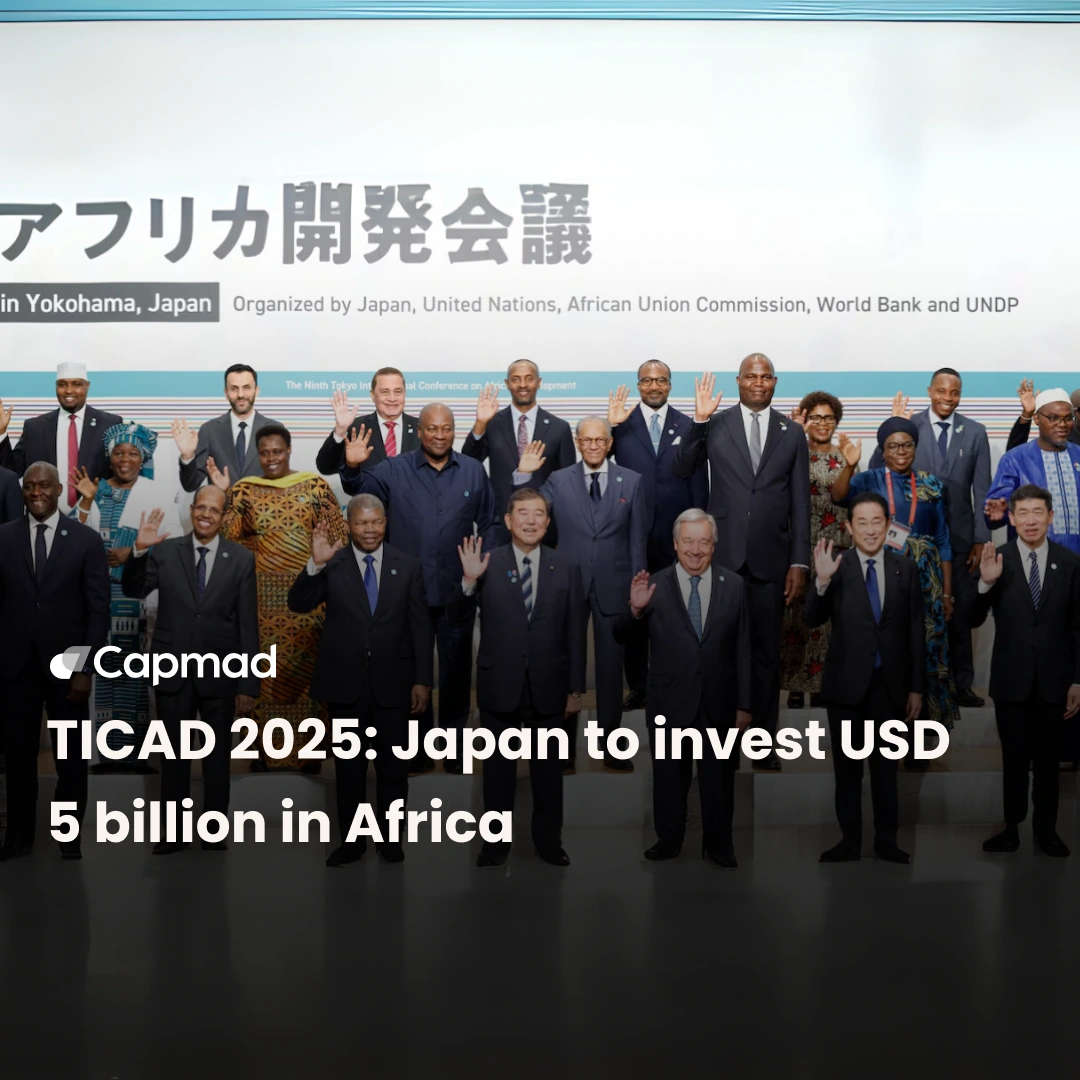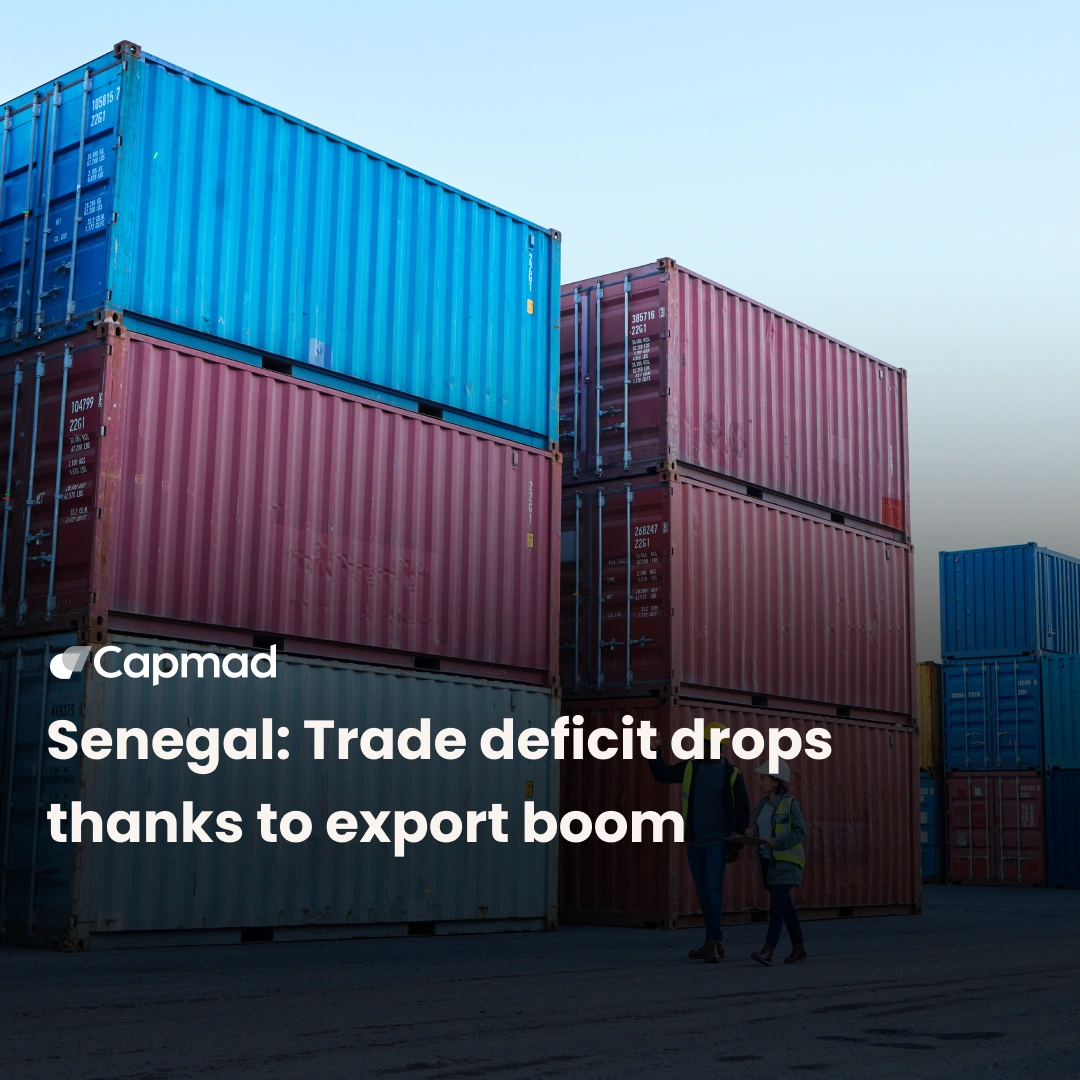A gender-equal economy is essential for prosperity in Africa. Although initiatives have been introduced to promote gender equality, disparities persist, limiting women’s economic potential. This article explores how financing can play a crucial role in reducing these inequalities and fostering more inclusive growth.
Gender-equal economy : An asset for prosperity in Africa
Promoting an economy where men and women participate equally offers considerable benefits for Africa. Women, though still underrepresented, are a major economic force. In 2016, women entrepreneurs contributed significantly to the African GDP, with an estimated value between 250 and 300 billion USD, representing about 13 % of total production. This clearly illustrates the largely untapped potential of women in the economy.
Financial institutions and development banks play a crucial role by providing financial solutions tailored to women’s needs, thereby enhancing their active participation in the African economy.
Reducing gender inequalities through financing
Sub-Saharan Africa faces a significant gender gap in access to financial services, with a 12-percentage-point difference in favor of men. This gap is twice as large as in other developing regions and three times the global average. To bridge this gap, innovative financial solutions are necessary.
The African Development Bank (AfDB) has launched a 500 million USD guarantee fund for women-led SMEs, aiming to address the estimated 42 billion USD financing gap for these businesses. By providing guarantees that reduce lending risks, this fund facilitates women’s access to capital, enabling them to grow their businesses. Meanwhile, national initiatives such as Mauritius’s loan program for women entrepreneurs offer very low interest rates, ranging from 0.5 % to 3 % per year, making credit more accessible to women.
Financial inclusion of women: Driver of economic growth
Financial inclusion for women goes beyond access to bank accounts or credit. It enables them to take control of their economic futures and contribute to the prosperity of their communities. Women with access to financial services invest more in education, improve food security, and reduce poverty.
By facilitating women’s access to financial services, African economies benefit from a more productive workforce and more stable, inclusive economic growth. The International Monetary Fund (IMF) highlights that gender equality drives innovation, improves private sector performance, and fosters sustainable economic growth.
Financial institutions’ initiatives to support equality
Some development financial institutions in Africa have already integrated gender equality into their financing strategies. For example, the Development Bank of Southern Africa has implemented a program to finance infrastructure for women-owned businesses. Similarly, the Uganda Development Bank (UDB) offers loans specifically designed for women, easing their access to credit and increasing their active participation in the economy.
These initiatives demonstrate that financial institutions can play a pivotal role in reducing economic inequalities and creating a more equitable economy when they commit to promoting gender equality.
Persistent challenges and future solutions
Despite progress, many challenges remain. For instance, the gender pay gap remains high at 30 % in Africa, and access to information and communication technology shows a 23 % gap. Additionally, women own only a small fraction of agricultural land, with only 5 % in Uganda, 6 % in Kenya, and 3 % in Malawi. These figures highlight the extent of the efforts needed to achieve true economic equality.
To overcome these challenges, financial institutions must continue innovating in their approaches and fully integrating gender considerations into their policies. New solutions must be developed to surpass traditional methods and provide African women with the means to play a more active role in the economy.
Financing plays a crucial role in reducing gender inequalities and promoting a fairer economy in Africa. By integrating gender equality into their policies, the development of financial institutions can create an environment where women have equal economic opportunities to men. These efforts benefit not only women but the entire African society by fostering growth, reducing poverty, and enhancing economic stability. It is time for Africa to take bold steps to realize the economic potential of its citizens fully.








